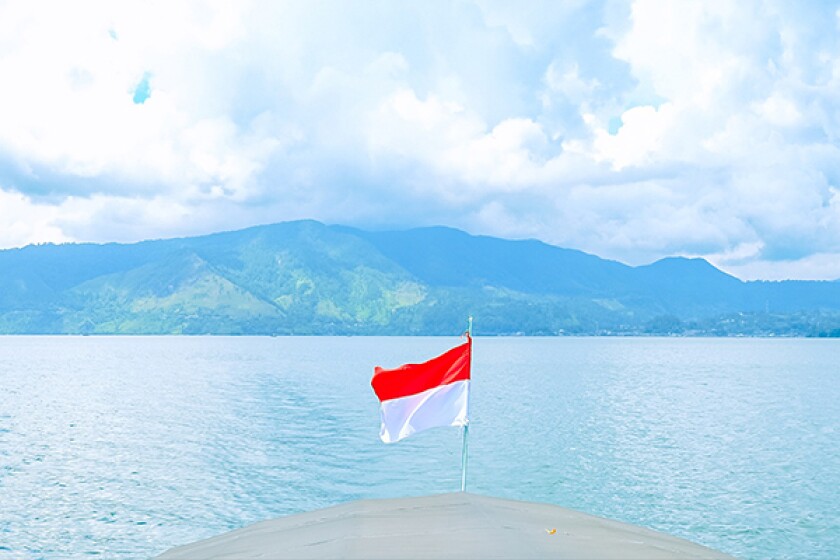Click here to read all the chapters from ITR's Indonesia Special Focus.
Indonesia’s Tax Harmonisation Law (HPP Law) was officially pronounced in October 2021. The law was designed to accelerate Indonesia’s economic recovery following the COVID-19 pandemic, while improving tax compliance and minimising the tax gap.
To achieve this, the law makes substantial changes to the Indonesian tax landscape, most of which will become effective in 2022.
In this Guide, DDTC describes how the Indonesian government is balancing relaxed taxation measures and incentives with an increasingly broad tax basis. The idea is to redistribute the tax burden in a fair, but also economically beneficial, way. As DDTC explains, tax control frameworks (TCF) are a key tool for MNEs in this landscape, helping tax directors to identify, manage, and mitigate risks.
Meanwhile, the threat of climate change is ever-present. RSM Indonesia analyses the steps that Indonesia, as one of the largest greenhouse gas emitters in Asia, is taking to introduce a carbon tax and build a greener economy.
Also in this Guide, Suryani Suyanto & Associates explores a softer side to the Indonesian government: its tax amnesty program. The program, which is in its second round following an initial round in 2016, is intended to improve voluntary compliance - but as ITR’s correspondents report, there are some downsides.
We hope you enjoy hearing from our tax experts in the third edition of the Indonesia guide.
Click here to read all the chapters from ITR's Indonesia Special Focus.











